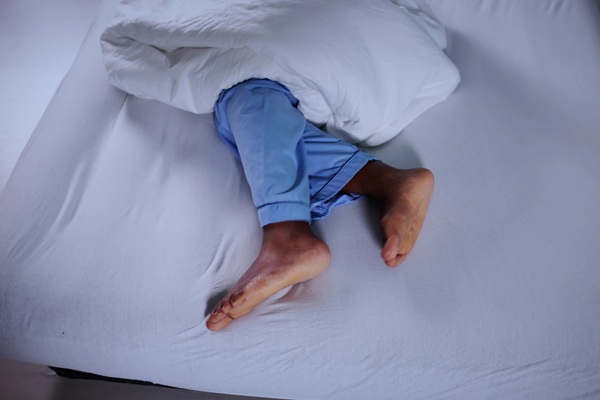Visit a TMS Doctor for Depression Relief

A TMS doctor offers a form of brain stimulation that helps some with depression overcome their symptoms. This treatment offers many benefits that traditional depression treatment does not and has been successful where traditional treatments have failed. If you are wondering if a TMS doctor can help you, here are some key things you should know.
Understanding TMS
TMS stands for transcranial magnetic stimulation and is a form of noninvasive brain stimulation that can help treat depression and other mental health issues. TMS usually involves a series of treatments in which a medical professional places a magnetic coil on the patient’s scalp. This coil connects to a machine that sends a series of magnetic pulses intended to target the areas of the brain responsible for mental health issues like depression. Though exactly how it works is still being investigated, TMS appears to encourage changes in the brain that relieve depression symptoms.
Benefits of TMS treatment
Proven effectiveness is a key benefit of TMS. According to Harvard Health, over half of people with treatment-resistant depression have experienced a clinically meaningful response from TMS. Other benefits of this treatment include:
- TMS is noninvasive
- It is generally well-tolerated
- Treatment is drug-free
- Minimal side effects
- Requires little to no downtime
In addition, TMS can be applied alone or used in combination with other depression treatments.
Who should see a TMS doctor?
The TMS doctor must determine if the treatment is safe for the patient. Certain individuals, such as those with certain medical or mental implants, may not be candidates for TMS. Also, those with a series of seizures and other conditions, such as bipolar disorder, may not be eligible for treatment.
The ideal candidate is someone who is struggling with depression and has not experienced satisfactory relief from traditional treatments. In many cases, this means the patient has tried at least two antidepressants, taken as directed, without sufficient relief from symptoms. In addition, those with depression who cannot tolerate the side effects of antidepressant medication may also want to consider seeing a TMS doctor.
What to expect from treatment
A TMS doctor delivers treatment in multiple sessions, and the length of treatment depends on the patient. The typical treatment plan involves three to five treatments per week spread out over several weeks. Treatment lengths vary but average around 20 to 40 minutes.
Every patient has a unique treatment experience. The magnetic pulses have been described as a sort of tapping or zapping on the head. Some patients may experience side effects such as lightheadedness, facial twitching, and scalp discomfort. However, these side effects are usually not profound and tend to improve with successive treatments.
A possible solution for treatment-resistant depression
If you are struggling with your depression symptoms and nothing seems to be working, do not give up. Hope TMS and Neuropsychiatric Center may be able to help you finally get the relief you deserve. Call us today to learn more about how a TMS doctor can help.
Request an appointment here: https://www.hopetmsofny.com or call Hope TMS and Neuropsychiatric Center at (646) 578-8152 for an appointment in our New York office.
Check out what others are saying about our services on Yelp: TMS Doctor in New York, NY.
Recent Posts
Restless leg syndrome can make evenings difficult by creating an urgent need to move the legs when the body tries to rest. Considering symptoms like crawling or pulling often intensify at night, sleep quality can drop, and daytime energy can follow. With the right support, many people can manage their symptoms and get a good…
PTSD syndrome can shape your daily experiences in significant ways, from your emotional balance to your physical health and personal stability. Symptoms of PTSD can become an invisible burden that affects your routine and interpersonal connections. While these symptoms vary from person to person, they can impact every corner of your life without the right…
Adult ADHD therapy supports individuals navigating challenges with focus, time management, and emotional regulation. While attention deficit hyperactivity disorder, or ADHD, is commonly diagnosed in childhood, its symptoms can persist into adulthood, often interfering with careers, relationships, and daily tasks. Professional therapy offers a structured approach to managing these difficulties and building long-term strategies for…
Transcranial magnetic stimulation, also known as TMS treatment, is an innovative and noninvasive therapy for several mental health conditions. By using magnetic fields to stimulate specific areas of the brain, TMS is an effective treatment for cases where traditional methods have provided little to no relief. It is important to know which mental disorders are…


